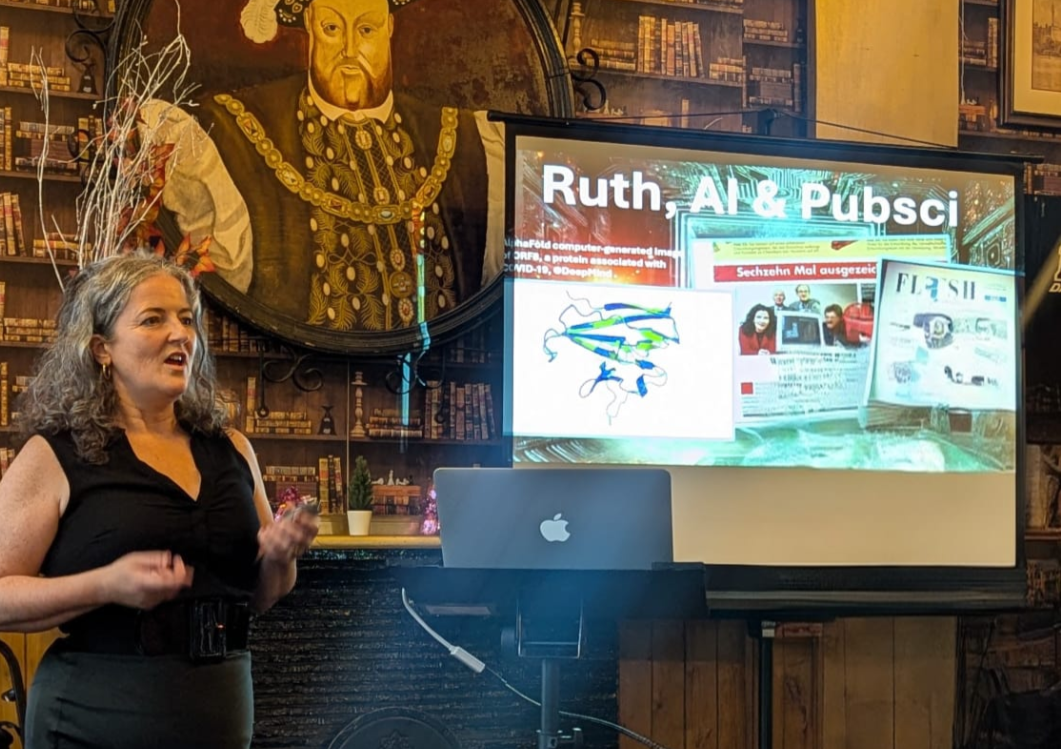Many thanks to Ruth for an insightful entertaining talk on AI which really pulled back the curtain on the tech of the tech-bro hyperbole.
PubSci, August 2025
I began demystifying AI after attending a talk where the speaker, under the influence of a supposed ‘techbro’ podcaster and despite having no knowledge of computing, segued into a convincing and inaccurate, speech about how ChatGPT would breed robots and take over the world.
This inspired me to offer light-hearted talks presenting a fact-based view of what AI etc., can and cannot actually do, drawing on the experiences I have had in the field of AI since 1993.
Dates and times of upcoming talks can be found on my Ruth’s upcoming talks.
Below and on page 2, are some descriptions of talks I have given. If you wish me to give a talk at your organisation please click the button below:
Demystifying AI
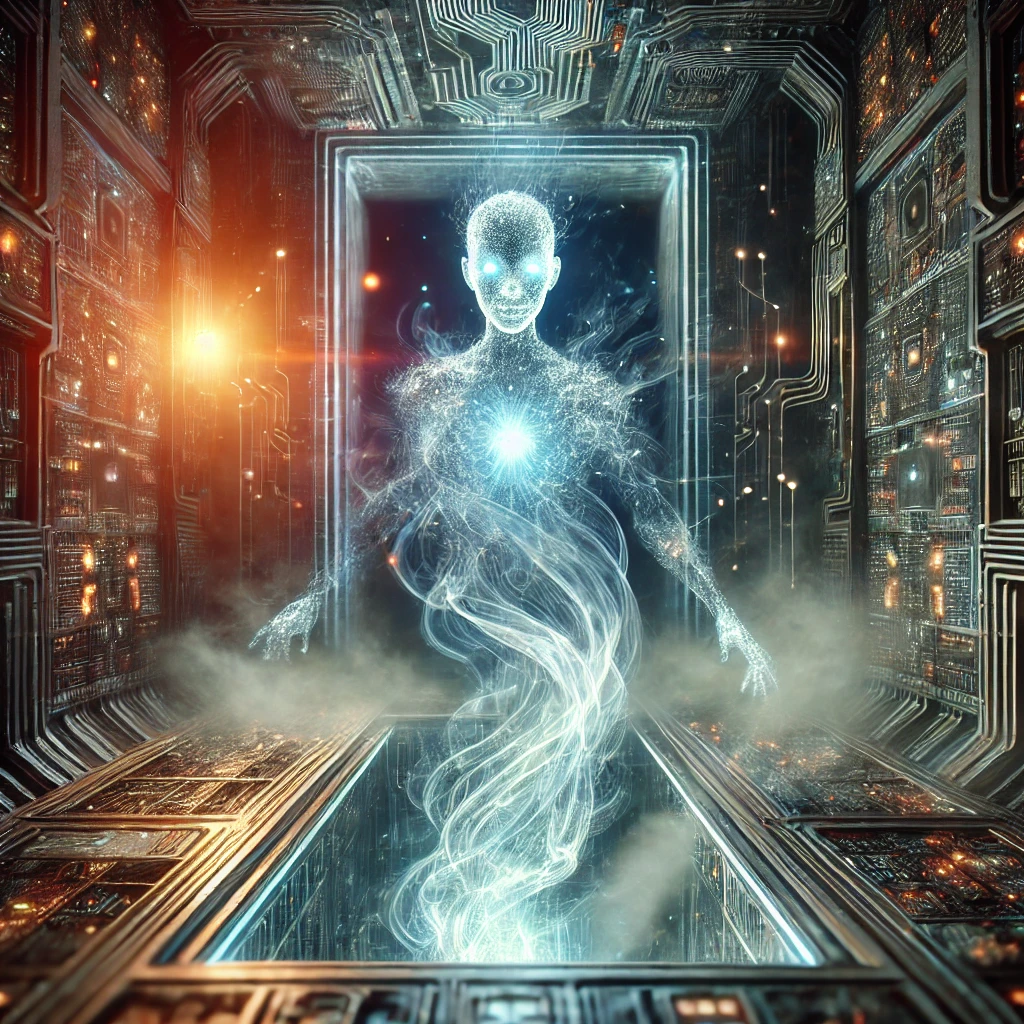
In the news, we are constantly reading about how AI is going to self-evolve and take over the world, to which I say robots are welcome round my house anytime to take charge of the shopping, housework, and please can they can cook the dinner too? In this talk, we trace the recurring rise and fall of AI with its spooky stories of the ghost in the machine. From robots in Ancient Greece to present day ChatGPT’s deep learning, we look at how and why AI was created and exactly what it can and cannot do.
Read more: The ghosts of AI and Chit chat chitty-chitty chit chat chatgpt.
Such an interesting and engaging talk on AI. So knowledgeable, I could have listened for hours. So glad I heard it was on.
Cass
When computers were women
The first computers were women, low-paid and unrecognised. But thanks to them, the first computer was coded up, a man walked on the moon, and computers learnt to understand English. So why were their contributions written out of history? In this talk, we trace the story of computers from 1731, when the Edinburgh Weekly Journal advised young married women to know their husband’s income and be a good computer and keep within it, until present day to see how this man’s world would have never progressed without the women which gave it its name.
Read more: Fighting, typing and computing and When women were computers.
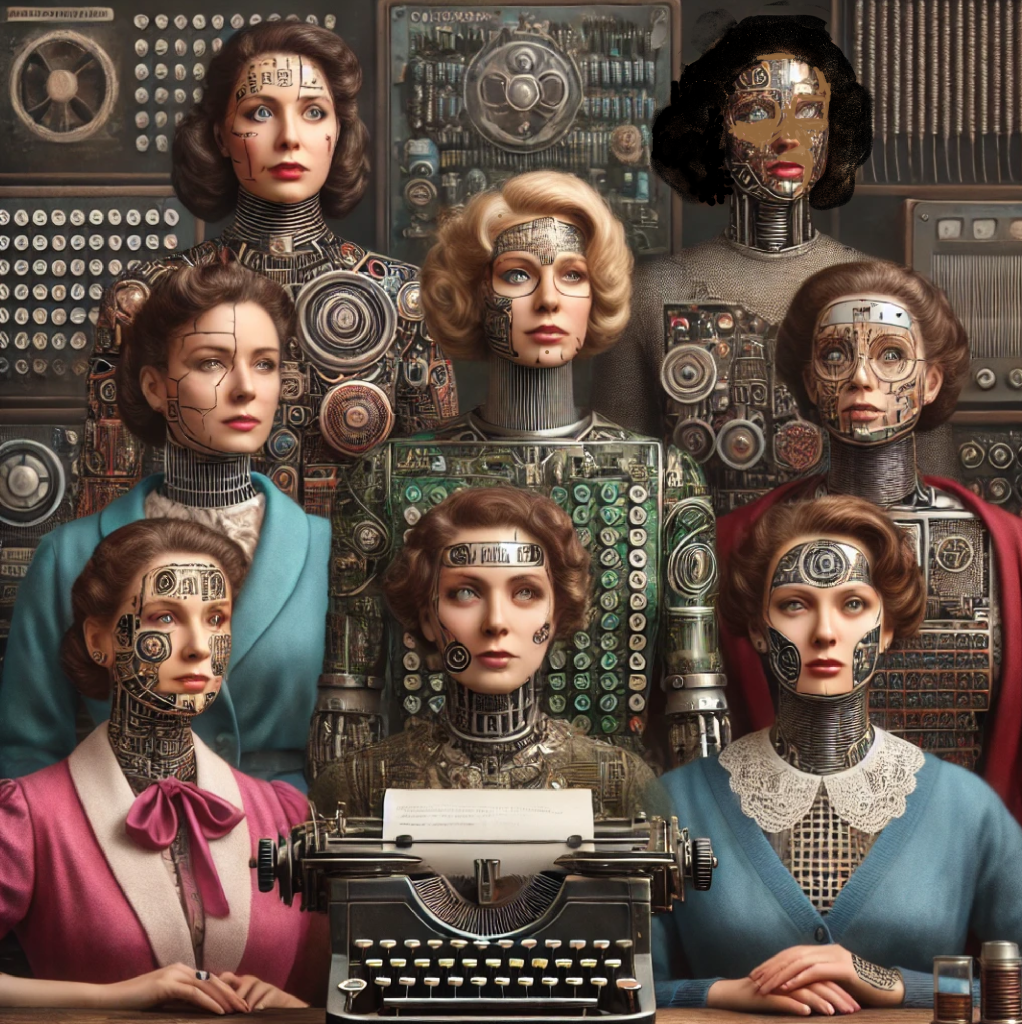
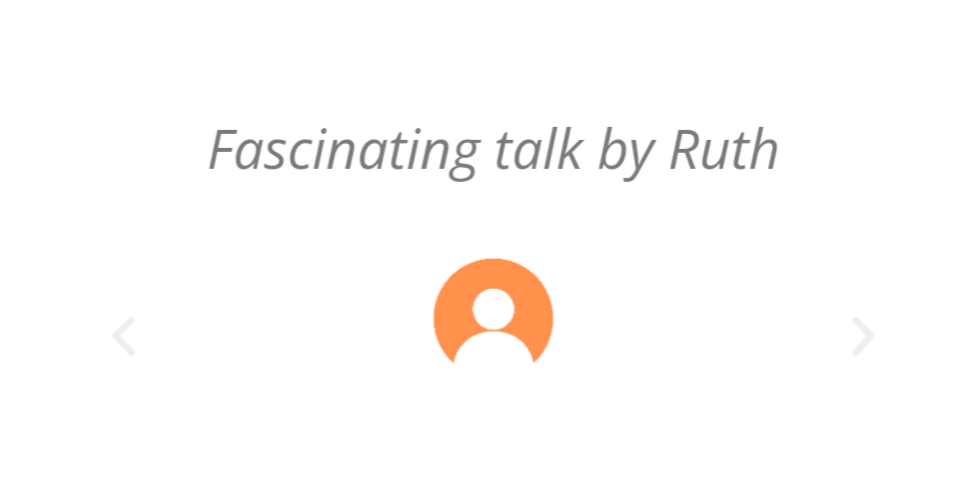
Bacon on ice-cream
When McDonald’s withdrew its AI from the drive-thru after it kept putting bacon on ice-cream, most people were left baffled. In this talk, we take a look at speech recognition and natural language processing using machine learning to see why the rogue AI would ‘think’ that bacon is a good topping for ice-cream. And, why it couldn’t possibly improve without human intervention (artificial AI). It is invariably quicker and cheaper to get a human to behave like a robot, rather than the other way round.
Read more: Bacon on Ice-cream and Duolingo Dutch.
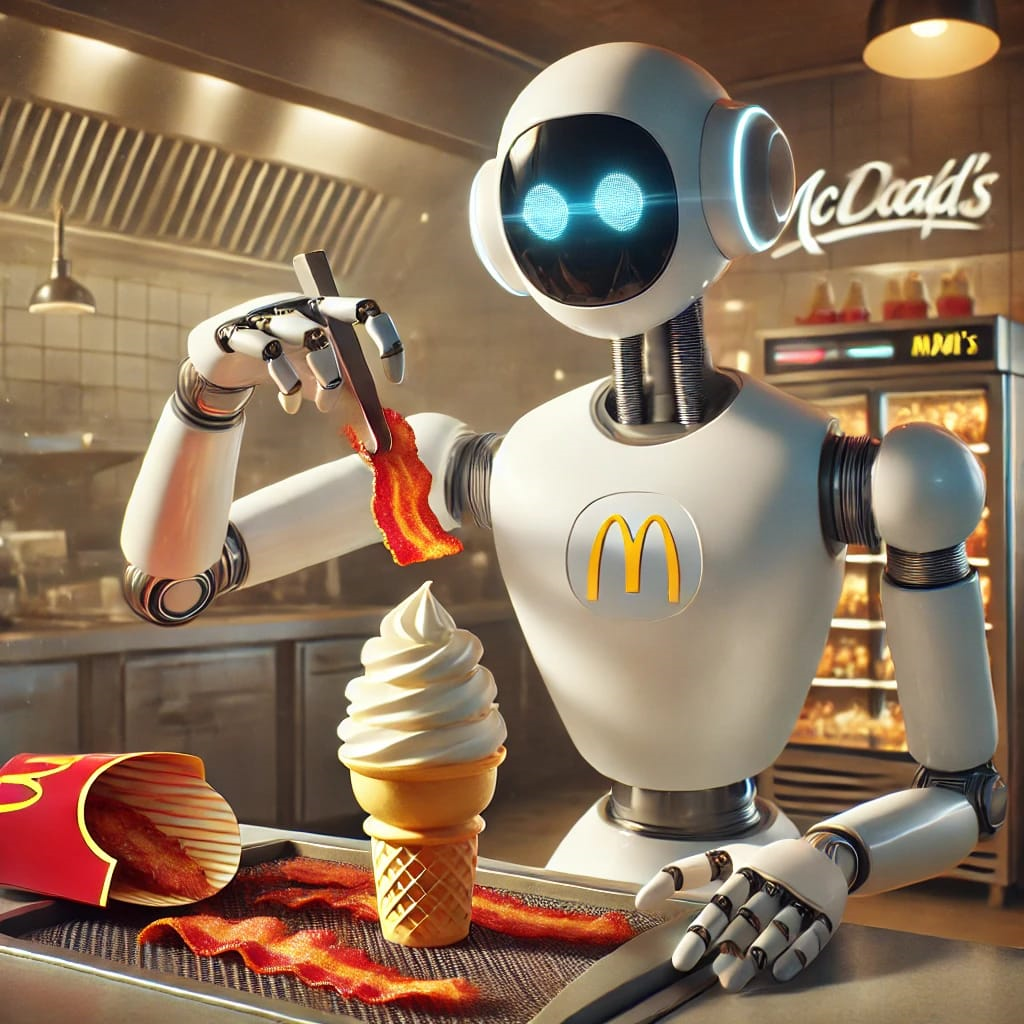
You have filled in so much
Mary Evans
that I couldn’t understand.
[ page 2 ]

